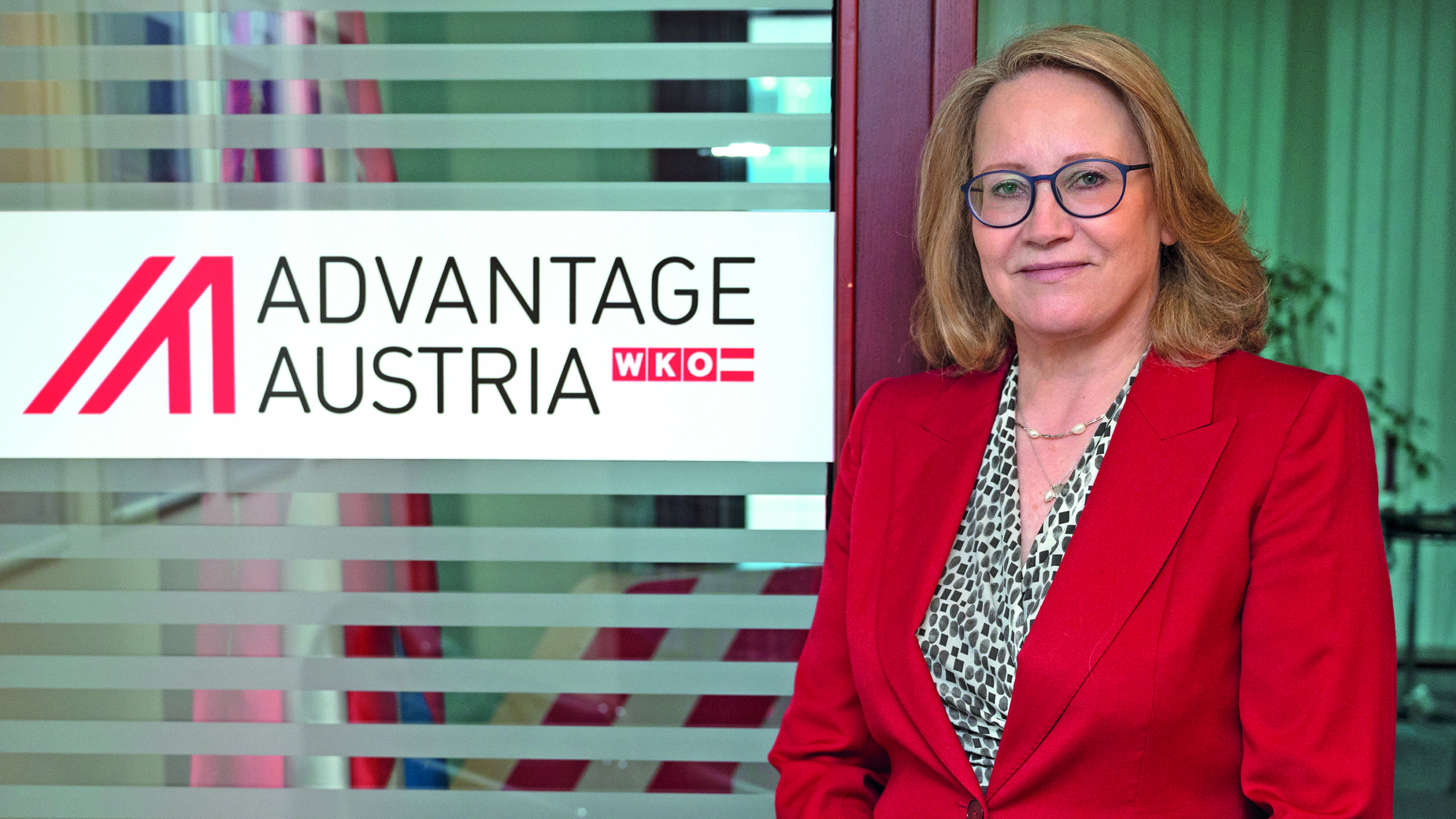Dual vocational education indeed provides young people with a number of career opportunities in Austria. This is mainly due to the high quality of the training and the skills the students acquire in the course of their apprenticeship
Commercial Counsellor Austrian Embassy Belgrade (Head, ADVANTAGE AUSTRIA Belgrade)
AUSSENWIRTSCHAFT AUSTRIA is Austria’s official trade promotion authority. Outside of Austria they operate with more than 110 offices in over 70 countries as ADVANTAGE AUSTRIA and provide a broad range of intelligence and business development services for Austrian companies and their international business partners. ADVANTAGE AUSTRIA works to generate more international business opportunities by promoting the products and services of Austrian businesses around the world, helping companies and organizations outside Austria to build strong relationships with Austrian companies and promoting Austria as a place to invest in. Every year they organize about 1,200 events to establish business contacts. ADVANTAGE AUSTRIA’s services range from establishing contacts with Austrian companies looking for importers, distributors and sales agents, through advising on Austria as a business headquarters to providing detailed information on entering its market.

Photo: Goran Zlatković
For this year’s edition of In Focus Austria, Erika Teoman-Brenner, Austrian Commercial Counsellor, talks about the impact of the Covid crisis on the Austrian economy, Austria’s position as one of the most important investors in Serbia, about the development of Serbia’s investments in Austria, trends in trade between these two countries and about dual education that offers many career opportunities.
Austria has managed over many years to hold its position as one of the most important investors in Serbia. Will this trend continue?
Serbia continues to show a strong track record in attracting foreign investments. Not even the pandemic stopped this trend. In that respect, we expect that the Austrian share in the overall FDI will probably decrease over time. It is simply the result of the fact, that Austrian companies were among the first ones to invest in Serbia back in the early 2000s, and now other countries are catching up.
“Additionally, Serbia´s continuous efforts to modernize the public and the private sector contributes to the growing attractiveness of the country as a business location”
Recently we have witnessed an interest of smaller companies to invest in Serbia for various reasons. One of them is certainly the presence of well-qualified labour. Additionally, Serbia´s continuous efforts to modernize the public and the private sector contribute to the growing attractiveness of the country as a business location.
You are getting more and more involved in matching promising start-up companies from Serbia with their counterparts in Austria. Are you satisfied with the results?
This is a very interesting and challenging project and offers us the opportunity to reach out to a new community. We are still at an initial stage but hope to have soon tangible results. Towards that end, we are organizing a trip of a select group of Serbian start-ups to ViennaUp´22, a great event to connect with participants from all over the world while experiencing the city and its ecosystem first-hand.
You have mentioned that you think that more Serbian investments in Austria could lead to making stronger ties between our countries. How satisfied are you with the development in this field?
We would certainly welcome more Serbian investments in Austria. Indeed, we have organized an investment promotion seminar in Belgrade a few months ago with experts from Austria and we were quite surprised at the interest this seminar raised. It is still a long way to go but we will definitely follow up on this.

What kind of trends have you noticed in the trade exchange between Austria and Serbia during the pandemic? What are the forecasts for 2022?
Our bilateral trade hit worst in 2020 when it shrank by approximately 13%. Basically all product groups were affected by the crisis with a few notable exceptions: frozen fruits from Serbia and pharmaceuticals from Austria were both commodities that were sold in larger quantities than before. We are happy to see that in 2021 our trade bounced back to 2019-levels. Until very recently, we were rather optimistic about the current year. We saw a recovery of the global economy, increased demand and consumer confidence. However, with the tragic events unfolding in our neighbourhood, there is too much uncertainty at this point to make any prediction.
In Austria, dual education offers many career opportunities – 24 percent of managers and about 32 percent of independent companies have completed this type of education. How to get to that numbers in Serbia?
As your numbers rightly point out, dual vocational education indeed provides young people with a number of career opportunities in Austria. This is mainly due to the high quality of the training and the skills the students acquire in the course of their apprenticeship.
“Our bilateral trade was hit worst in 2020 when it shrank by approximately 13%. Basically all product groups were affected by the crisis with a few notable exceptions”
But probably more importantly, it is the way companies perceive non-academic professions and the value and the prestige they attach to work-based learning. In countries where vocational training does not look back to a long tradition, it requires a joint effort of all institutions involved to create this positive image of dual education in the business world, but also in society in general. For more immediate results, I would encourage role models to step forward and inspire young people with their career paths. One of our top Austrian managers here in Serbia, for example, started out as an apprentice. He has always been open to sharing his experience with young recruits in his company and as a result, his company has become a very attractive employer.